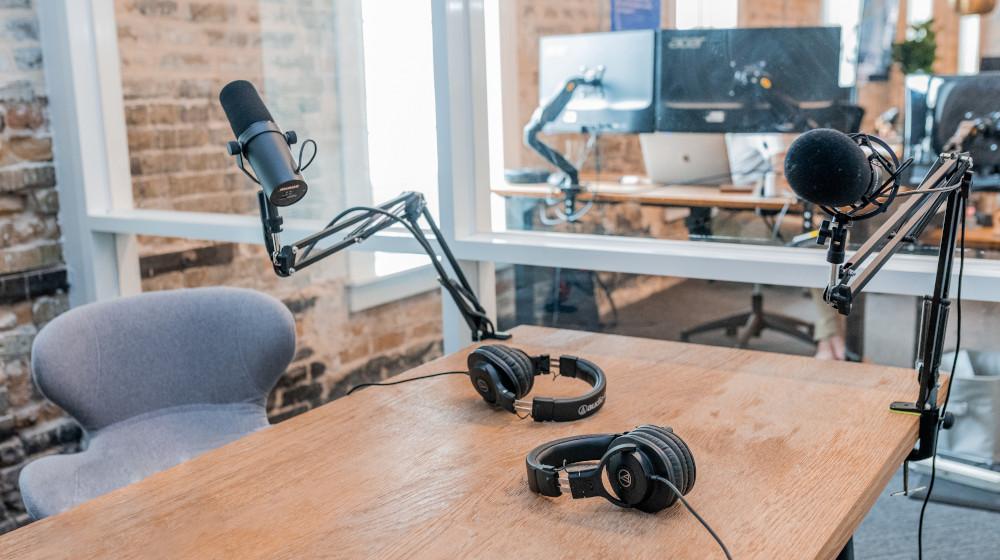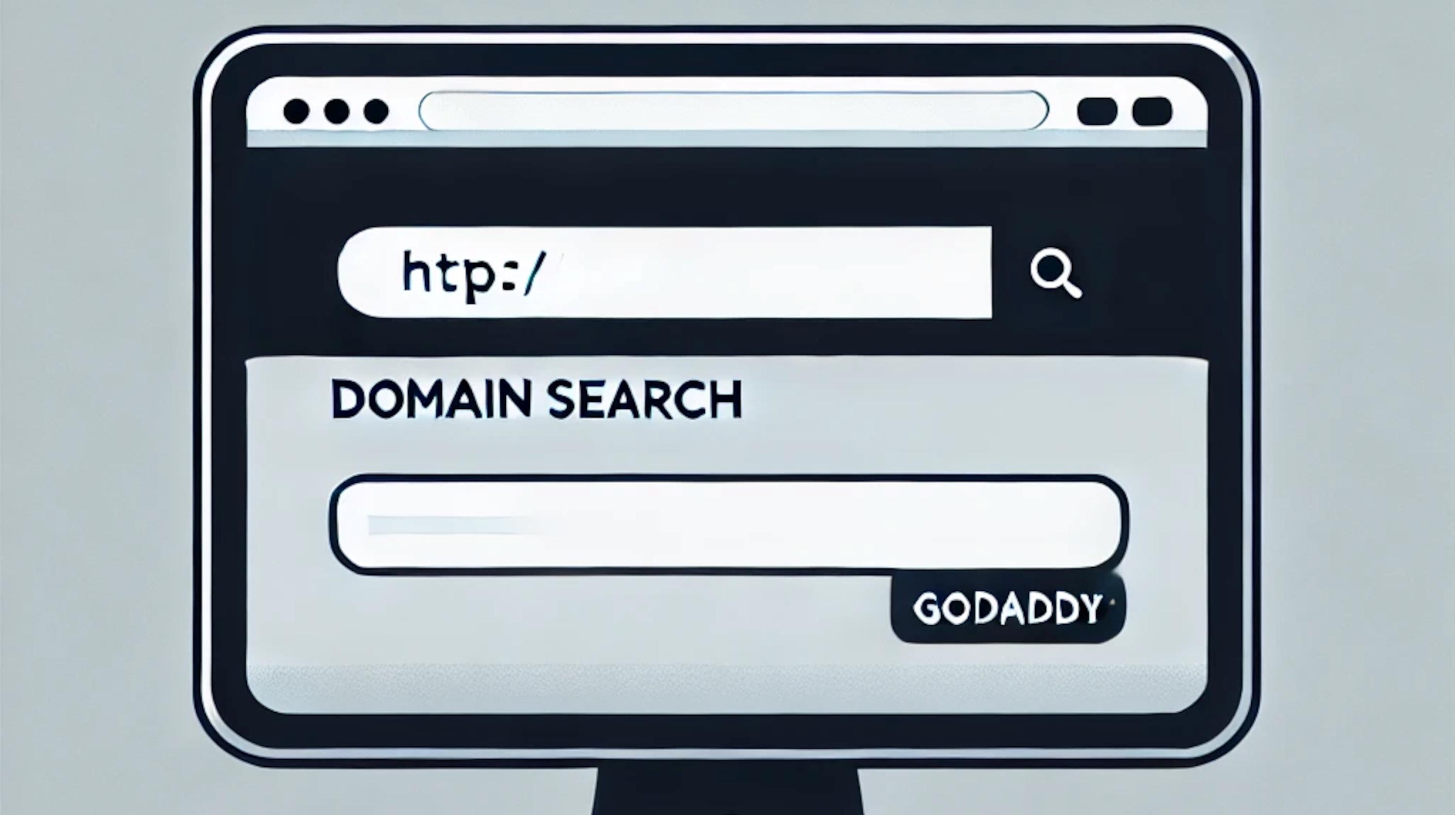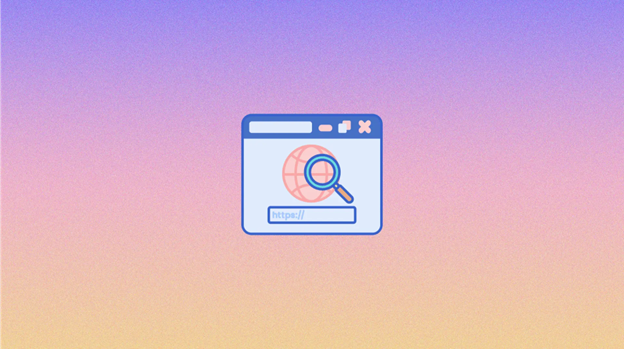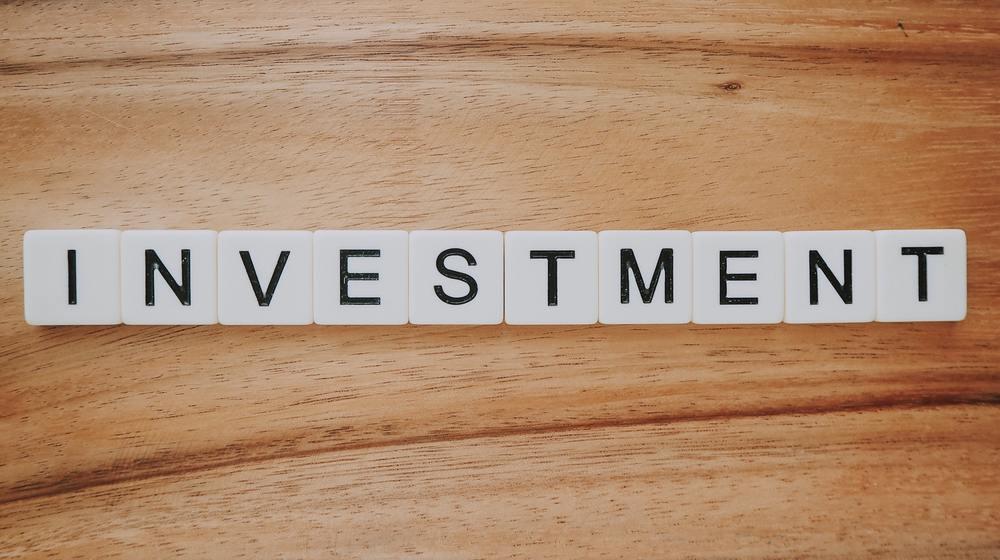If you wonder, “what is a podcast?” and look up podcast in a dictionary, you'll find this: “A podcast is an audio file similar to a radio broadcast, that can be downloaded and listened to on a computer or MP3 player.” And these audio files are quite popular around the world.
There are more than 700,000 active podcasts and more than 29 million episodes in more than 100 languages.
According to Gulf News, at least 70% of the UAE’s population is tuned into some podcast. But what made podcasts gain great momentum in a very short time? Why should you consider starting one for your business? And what do you need to start your own podcast? If you ever found yourself asking these questions, keep reading.
What is a podcast?
The word “podcast” is a combination of two words: pod and broadcast. “Pod” is derived from Apple’s “iPod” devices, which refers to the fact that you can listen to these podcasts on portable devices. While, broadcast is inspired by radios as podcast content is consumed in almost the same way.
They are typically audio recordings of a conversation either between a host and a guest or the host just sharing their thoughts, just like the ones you can listen to on the radio. They’re often found on iTunes and Spotify, but are sometimes hosted on websites.
The content topics can be anything from travel tips and diet talk to startups and marketing.
Why is it beneficial to start a podcast for your business or blog?
In the fast-paced and technological world we live in, we all care about our time. And if there’s a way to save some, we’ll do it. Podcasts can be consumed while doing laundry, going to the gym, washing the dishes or just relaxing. This makes them a perfect - and fast - way to learn something new, catch up on news, or simply to entertain.
For business and blog owners, podcasts can be a great way to develop a connection and relationship with listeners and potential customers. As they hear you speak, one-on-one, it helps humanize your relationship. You’ll also be offering a different way for your audience to engage with your content and your brand, which is never a bad thing.
Podcasting can also help you position yourself as an authority in your niche and build a reputation.
You can also drive traffic to your blog or website, through backlinks in podcast directories or by directing your listeners to your website at the end of each episode.
How can you start a podcast?

Before we dive in the technicalities of starting your own podcast, there are a couple of points that you need to get covered first:
The topic
The first step is to decide what you’re going to discuss. Your topic will depend either on your industry, what you’re passionate about or an expert in.
The first thing you can do is to come up with a list of eight to ten episodes. You can then look for similar iTunes or Spotify podcast episodes. Check their popularity by looking at the number of followers they have on social media and read their reviews.
Finally, pick a format: is it going to be a one man show? Will there be a host and a guest? Will it be in Q&A format? Once you pick your format, follow a certain frequency and length for your episodes.
The name
The name of your podcast should reflect the topics or your industry. Try to choose a catchy name that will stick with your audience and will also reflect your podcast’s topic. By including the topic in your name, you increase your likelihood of being found for that specific keyword.
Related: 10 tips that will help you choose a name for your business or blog
The technicalities
We’ll briefly highlight the equipment you need to start a podcast:
- Smartphone: The easiest way to start a podcast is through an app on your smartphone called Anchor. Anchor is an app that lets you create a podcast with just a few clicks. You can interview your friends directly in-app, and even publish to iTunes. Create an account, start recording, and then follow their instructions to distribute it across various platforms.
- Microphone: When it comes to producing podcasts, you really only need your phone to record. But if you want higher quality audio you can invest in some audio equipment like a good microphone or a podcast kit that allows you to record directly to your computer.
- Editing Software: After recording the audio and saving it as an MP3 audio file, you can use software to edit your recording. Audacity is a great free audio recording and editing tool which is available for both Windows and Mac.
Distribute your podcast
Before you publish your podcast, it’s a good idea to have 3-5 episodes ready to publish at once, to get your listeners hooked.
After you’ve finished creating, editing, and hosting it, you can submit to the following directories:
- iTunes – This should be your first move as it’s the most popular platform.
- Soundcloud
- Stitcher
- Spotify
- Google Play
What will make your podcast stand out from others?
We’ve previously mentioned that there are hundreds of thousands of podcasts in different languages, but what would make yours shine?
- Authentic and unique content
- Catchy topics
- Conversational and engaging episodes
- Informative
- High quality guests
- Respectful debates
Conclusion
Podcasts are a great method to help elevate your business or brand. The cost of starting one is almost zero. And now that you have an idea of what it takes to create a successful one for your business, start thinking of your podcast’s idea, decide on the format and start recording.






